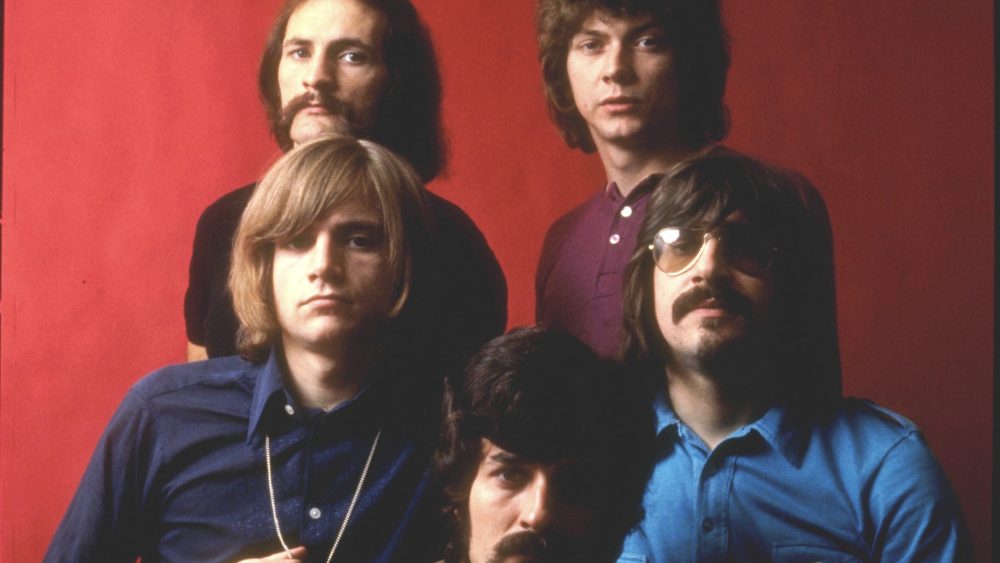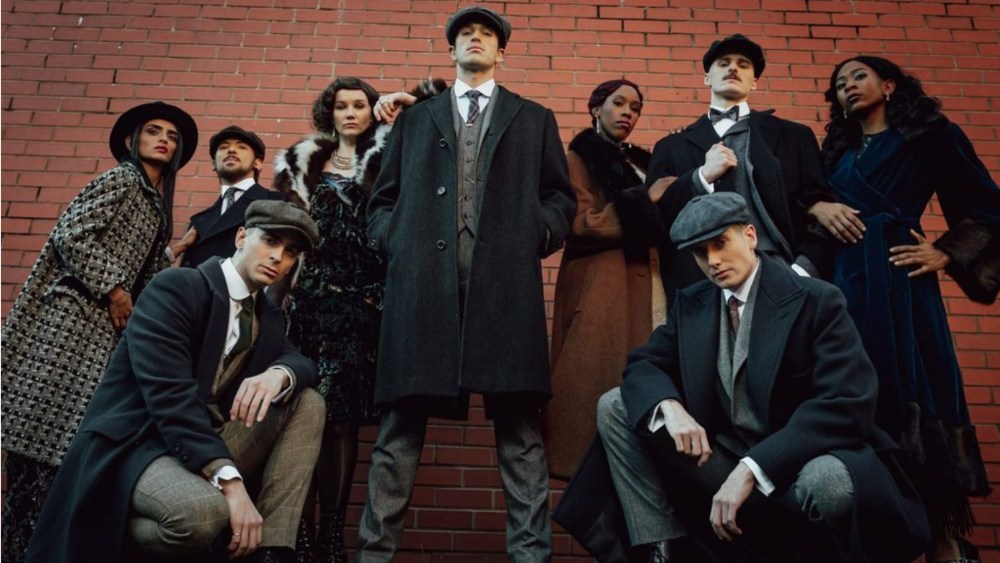John Lodge, longtime bassist and singer for the British rock band the Moody Blues and a member of the Rock and Roll Hall of Fame, has died, his family announced. No cause of death was cited; he was 82.
While the band’s biggest hit, 1967’s “Nights in White Satin,” was written and sung by guitarist Justin Hayward, Lodge’s strong voice and bass playing anchored the group’s songs, many of which he sang and co-wrote, including “Ride My See-Saw” and “I’m Just a Singer in a Rock and Roll Band.” (He is pictured above with the group in 1969, top right.)
“It is with the deepest sadness that we have to announce that John Lodge, our darling husband, father, grandfather, father-in-law and brother, has been suddenly and unexpectedly taken from us,” his family said in a statement. “John peacefully slipped away surrounded by his loved ones and the sounds of the Everly Brothers and Buddy Holly. We will forever miss his love, smile, kindness and his absolute and never-ending support.
“We are heartbroken, but will walk forwards into peace surrounded by the love he had for each of us. As John would always say at the end of the show, thank you for keeping the faith.”
While the Moody Blues were part of the thriving rock scene in Birmingham, England of the early 1960s and scored a massive hit single with their cover of Bessie Banks’ R&B ballad “Go Now,” the band did not follow that success and singer-guitarist Denny Laine (later of Wings) and bassist Clint Warwick left the band. The remaining members, drummer Graeme Lodge, keyboardist Mike Pinder and multi-instrumentalist Ray Thomas, recruited Lodge and Hayward in the fall of 1966 and the band struggled for several months before uniting with producer Tony Clarke. The new lineup’s first album was “Days of Future Past,” which featured them recording with an orchestra and writing more experimental work, inspired by the Beatles and the burgeoning psychedelic movement; many consider it to be the first progressive rock album. While the album featured “Nights in White Satin” and rose to No. 27 on the British albums chart, the song unexpectedly became a radio hit in the U.S. some five years later and the album soared to No. 3 there.
The Moodys’ hot streak continued well into the ‘70s with a string of progressive-rock albums including “On the Threshold of a Dream,” “To Our Children’s Children’s Children,” “A Question of Balance,” “Every Good Boy Deserves Favour” and “Seventh Sojourn.” While the group took a hiatus in the middle of the the decade, they reunited in 1977 and later released their biggest-ever album, 1981’s “Long Distance Voyager,” which topped the U.S. charts and included hits and “The Voice.” “Gemini Dream.” While the group did not repeat that chart success, its albums sold well into the ‘90s and they continued working and touring well into the 2010s. They were inducted into the Rock and Roll Hall of Fame in 2018. With Lodge’s death, Hayward is the sole surviving member of the Moodys’ classic lineup.
















Leave a Reply